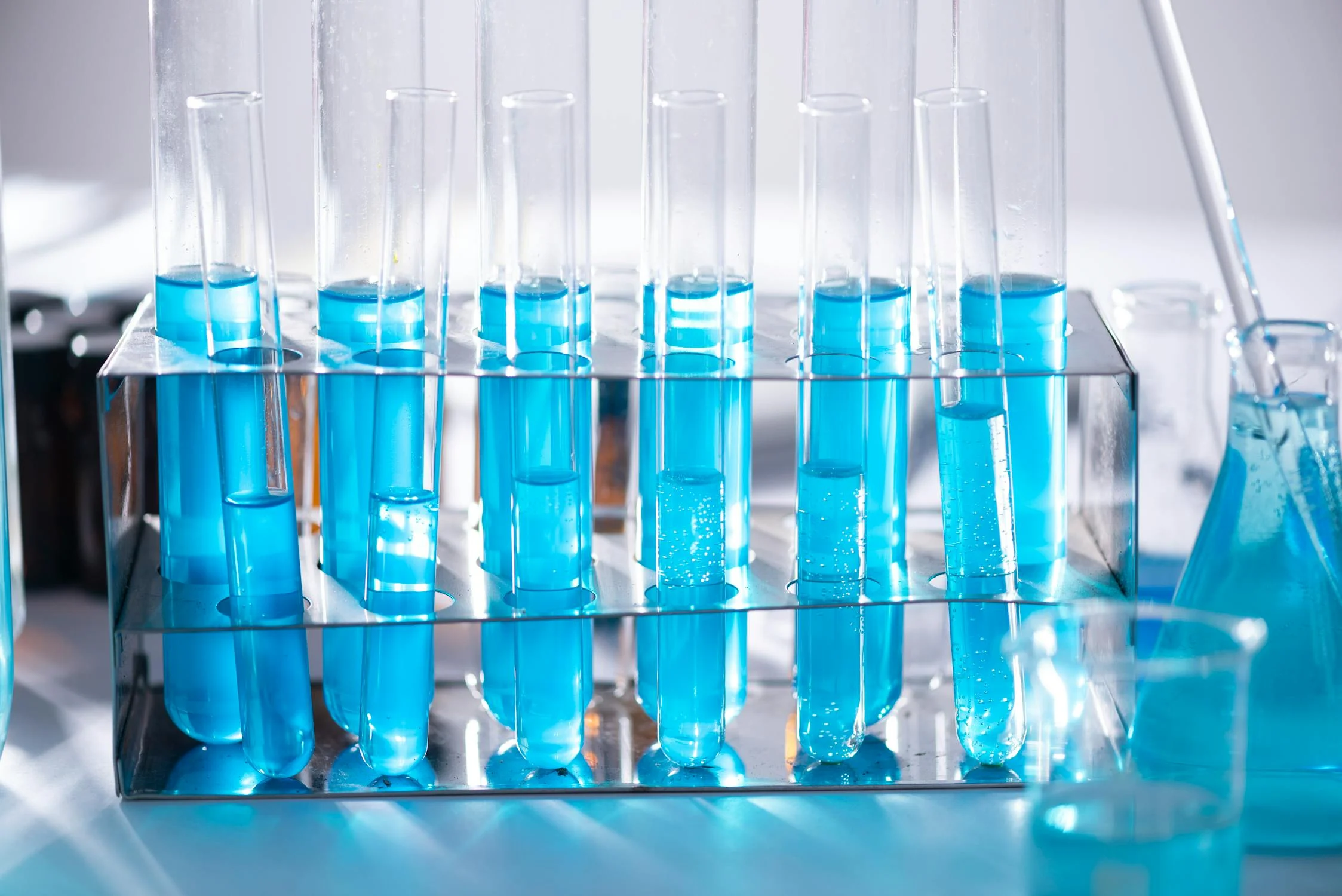Rho(D) immunoglobulin, also known as RhoGAM or RhIg, is a medication used to prevent the formation of antibodies against the RhD antigen in individuals who are RhD-negative.
Here’s what it does:
- Prevents RhD alloimmunization: Rho(D) immunoglobulin is administered to RhD-negative individuals who have been exposed to RhD-positive blood, either during pregnancy, childbirth, or blood transfusion.
- Blocks antibody formation: The medication binds to any RhD-positive red blood cells in the recipient’s circulation, preventing their immune system from recognizing and reacting to the RhD antigen.
- Prevents hemolytic disease: By preventing the formation of antibodies against RhD, Rho(D) immunoglobulin reduces the risk of hemolytic disease of the newborn (HDN) in future pregnancies.
Rho(D) immunoglobulin is typically administered:
- To RhD-negative women during pregnancy (around 28 weeks) or after childbirth (within 72 hours) if the baby is RhD-positive.
- To RhD-negative individuals after blood transfusion or exposure to RhD-positive blood.
It’s essential to note that Rho(D) immunoglobulin is not a vaccine, and it does not provide long-term immunity. Its effects last for a limited time, typically several months.



Leave a Reply